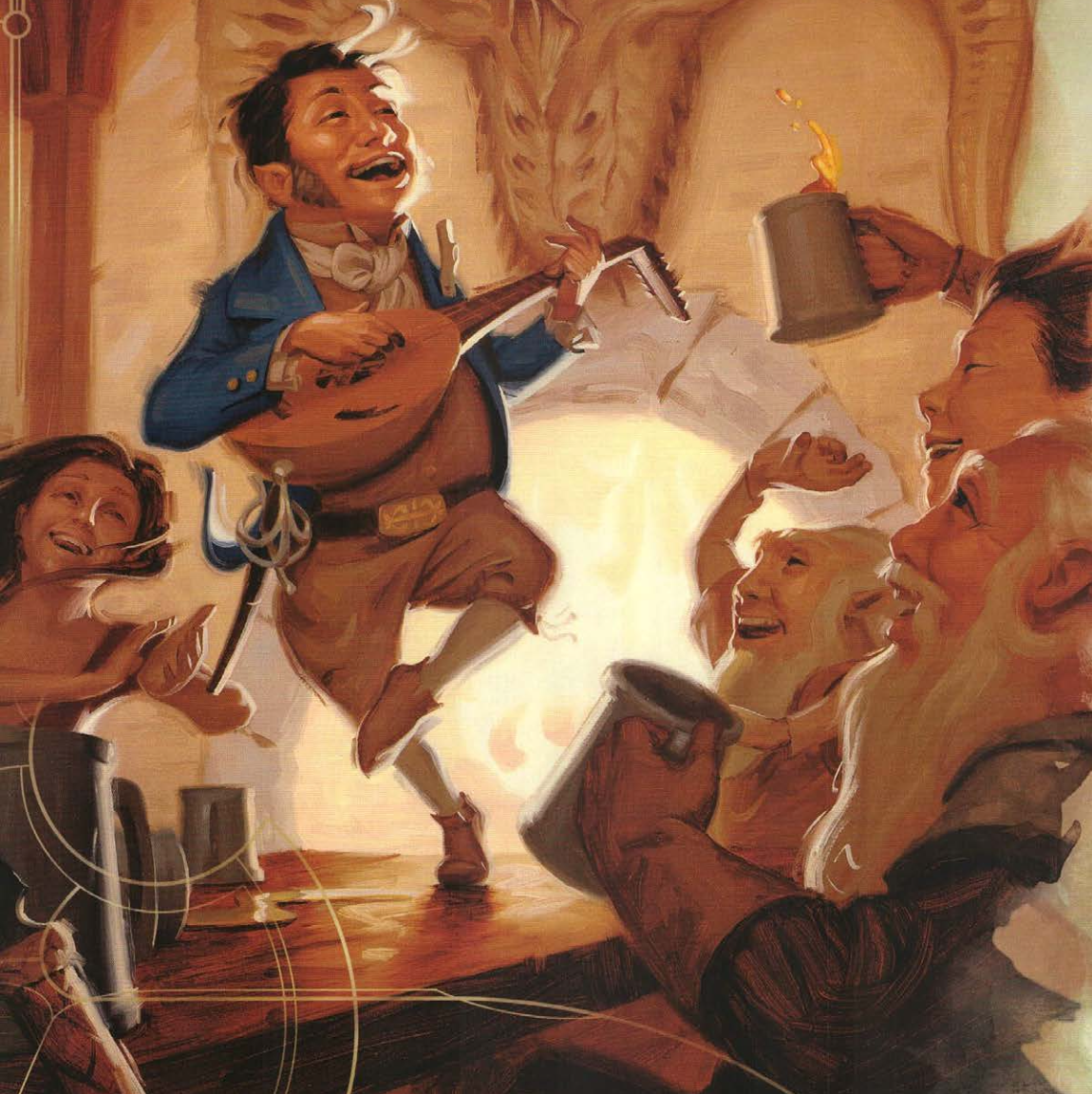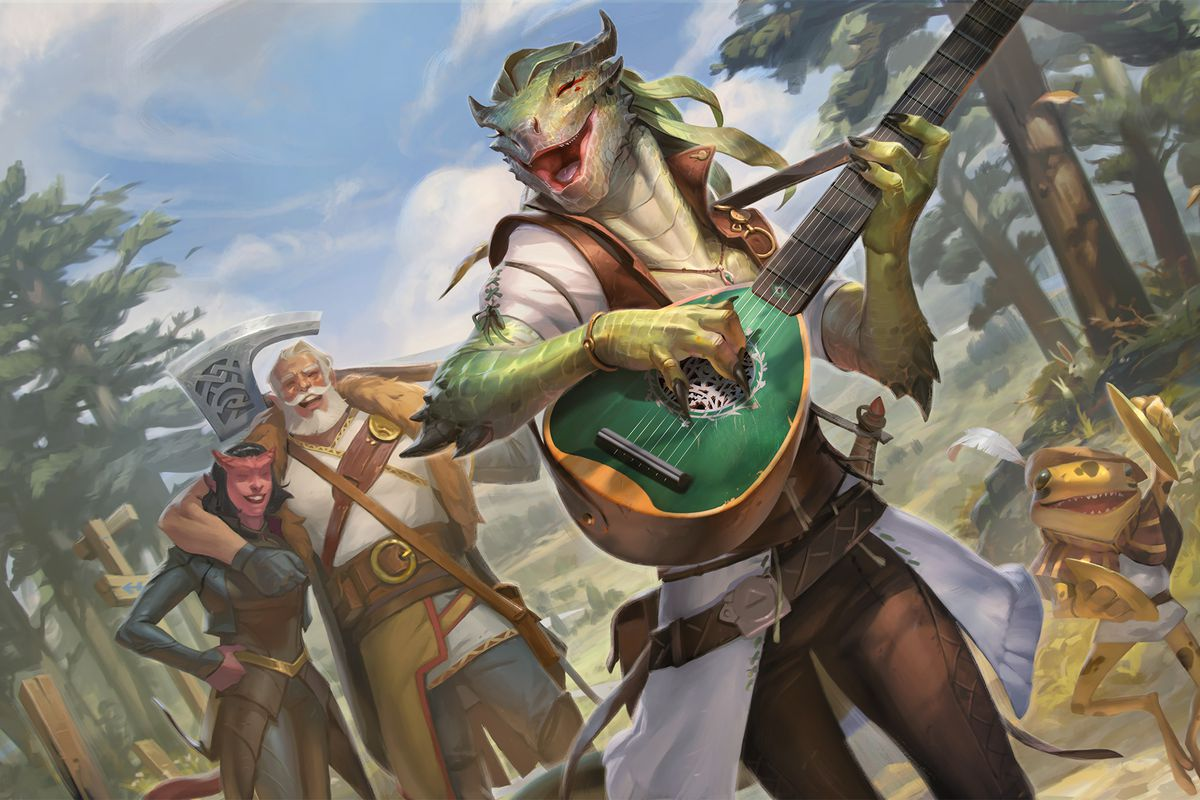Appraising ADVANCED D&D - Part 4 (Classes Addendum: 1e comparison)

I started doing some 1e comparisons when I wrote the previous entry, but it quickly grew out of control and I decided to section it off, so that 2e classes also get to be compared on their own merits. That said, let's look how classes stack up in 1e vs 2e: What has been left out from the accumulations of classes from 1e? Monks and Assassins were in the 1e PHB and dropped. Thief-Acrobats, Cavaliers and Barbarians introduced in Unearthed Arcana didn't make the cut either. I say to all of this - Good riddance. Let's take a closer look: Monks . Mechanically, Monk was probably the shittiest class ever devised for D&D, and conceptually too marginal to merit being salvaged for 2e. Are 3-5e really richer for bringing it back? I think not. Assassins ! The original edgelord class. In Gygax' own words, "The anti-thesis of weal." Bleeeergh. Having a core class that must, by the book, be of evil alignment in your core rulebook is just a recipe for bad group dynamics, i...





